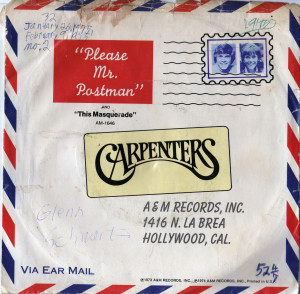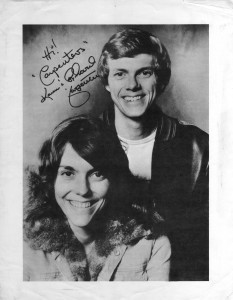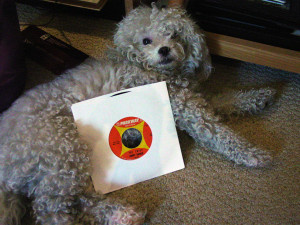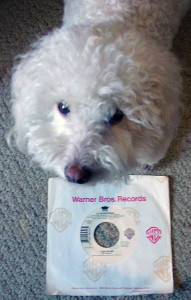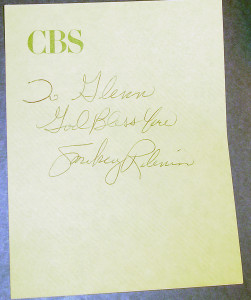In 1964 the Motown songwriting/production team of Brian Holland, Eddie Holland and Lamont Dozier wrote a composition intended for The Marvelettes, who by that time had two top ten pop singles under their belt – “Playboy” and “Please Mr. Postman,” both co-written and co-produced by Brian Holland.
The three men went into the studio and had the instrumental track recorded, but when Lamont Dozier played the song and presented the chorus to The Marvelettes’ Gladys Horton, he got a response he wasn’t expecting. “Oh, honey, we don’t do stuff like that. And it’s the worst thing I ever heard,” she told him. In case he was still unsure how she felt, she added “No way am I gonna sing any junk like that!”
Dozier went through the Motown roster to see who he could get to record this number. He ended up with the group at the very bottom of the list, a trio of women signed to Motown several years earlier, but who had no big hit records to their name. Originally a quartet called The Primettes, the group had released nine singles, only one of which, a song written by Holland-Dozier-Holland entitled “When the Lovelight Starts Shining Through His Eyes,” made the top 40, reaching #23. Initially they declined Dozier’s offer to record the song, finding it childish, repetitive and too slow, but they soon changed their mind, as they had no other material to record.
The three women in the trio, known around the Motown offices as “The No-Hit Supremes,” all sang lead vocals. As the instrumental version of this new track had already been recorded in the register in which Gladys Horton sings, the producers thought Mary Wilson, who sang in the same range as Horton, should handle the lead vocals, but Motown head Berry Gordy, Jr. wanted one of the other Supremes, Diana Ross, to be the group’s lead vocalist.
Ross complained that the music was in the wrong key, but was told to sing it the lower key. She wasn’t crazy about doing so, nor were the other two women eager to learn the intricate background vocals that had been written. Because of their bad attitude, Dozier told them to just sing “Baby, baby.”
On June 17, 1964, Motown released the track, entitled “Where Did Our Love Go,” as a single. As the “No-Hit Supremes” toured as part of Dick Clark’s American Bandstand Cavalcade of Stars, where they received credit at the bottom of the poster as part of “And Others,” the song climbed the charts. It hit #1 in August 1964, and by the time the tour ended, the Supremes had top billing.
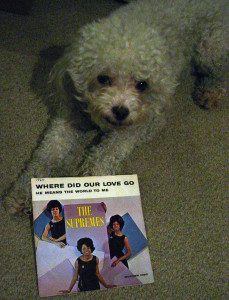
Holland-Dozier-Holland went on to write many more songs for the Supremes, including their next four singles, all of which went to #1. The women scored twelve #1 pop hits between 1964 and 1969, ten of which were written by the same trio of men who came up with “Where Did Our Love Go,” which made Rolling Stone’s list of the 500 Greatest Songs of All Time.
Today Tunes du Jour celebrates the woman who may not have become a household name had she not given in to recording the now classic tune. Happy 70th birthday, Diana Ross!
